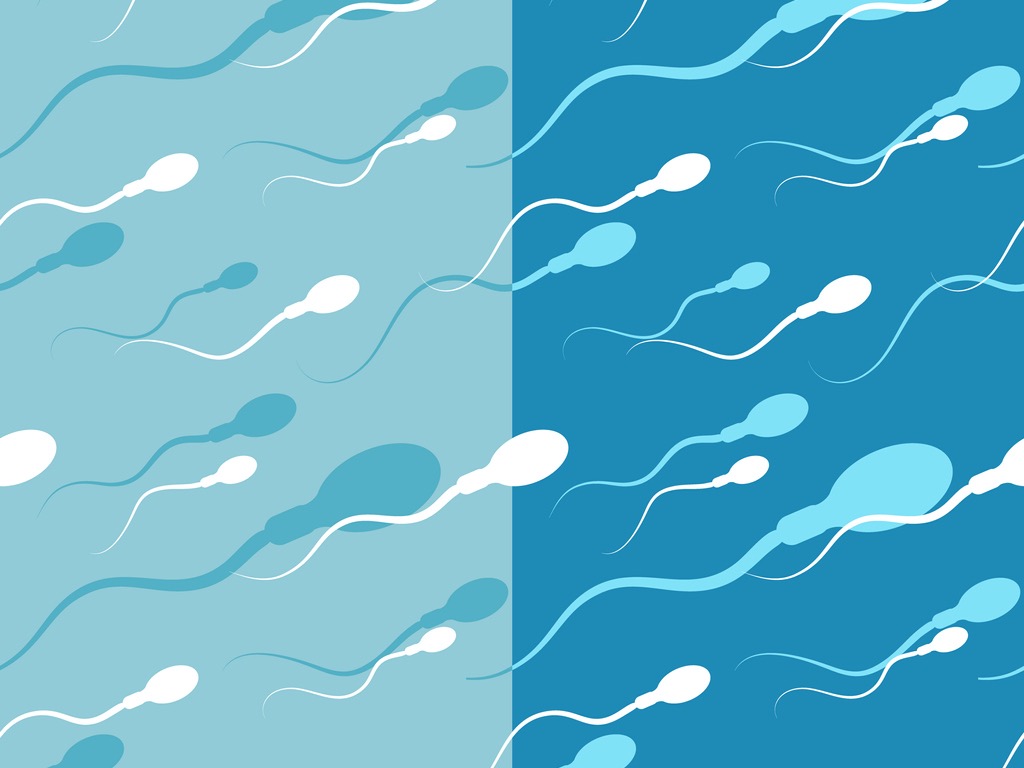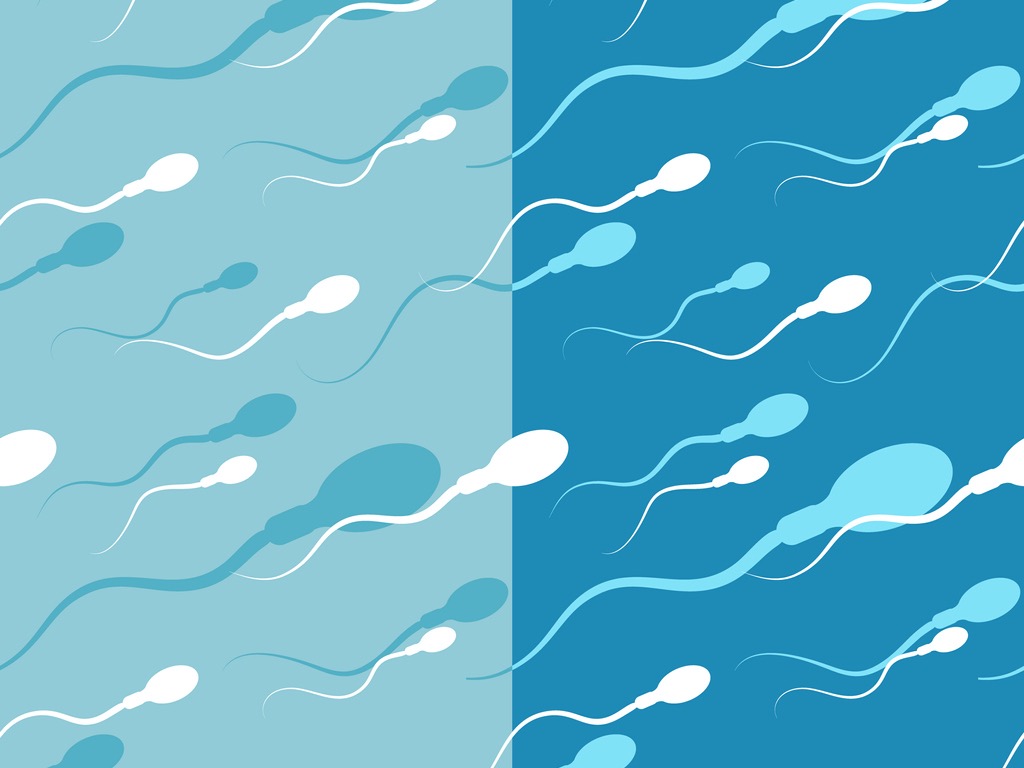Sperm 101 – What matters for fertility?
Watch the video below to learn about what matters for sperm health and male fertility.
What exactly is semen? Semen is the fluid that a man ejaculates, and which normally contains many sperm. Sperm or spermatozoa are male reproductive cells made in the testicles. Sperm carry one copy (so half) of a man’s genes or DNA. Sperm cells cannot divide, but they can swim to join with an egg cell that has one copy of a woman’s genes.
What makes you more or less fertile?
- The number of sperm. It matters how many sperm you ejaculate at any one time. Although only a few dozen sperm ever reach the egg, many million are ejaculated at once. The number of sperm in each ejaculate may be called count or concentration. Normal sperm count values vary from 39 to 200 million sperm per ejaculate. A sperm count under 39 million sperm per ejaculate is considered low when trying to conceive.
- Movement. This is also referred to as a sperm’s motility. Sperm have a tail that propels them toward the egg in the female reproductive tract. Sperm have to travel over 1,000 times their length to reach the egg, so motility matters. Normally, over 30% of sperm have a tail that is functional and move forward progressively, while others might swim in circles or not progressively towards the egg.
- Shape. It sounds superficial, but believe it or not, sperm are also evaluated based on their looks. Sperm’s shape is called their morphology. A normal sperm has an oval-shaped head with a smooth contour, a well-defined midpiece, and a thin uncoiled tail. Typically, in most fertile men, at least 4% of their sperm have normal morphology.
While these three sperm parameters are the gold standard for fertility assessment, there are other aspects of sperm health that matter, such as how many are alive upon ejaculation (vitality) and how intact the sperm’s DNA is (fragmentation). Semen conditions can also influence sperm parameters. For example:
- Antibodies in the semen can interfere with sperm motility and function.
- Chemicals in the semen known as reactive oxygen species can damage sperm.
- Leukospermia can indicate the presence of inflammation or infection.
Sperm DNA fragmentation
- What is sperm DNA fragmentation?
- Sperm DNA fragmentation is a term used to describe abnormal organization of genetic material in sperm. Since genetic material guides the development of the embryo, sperm DNA fragmentation can make it more difficult for the embryo to develop and may lead to miscarriage.
- Research has shown that men with infertility have higher rates of sperm DNA fragmentation compared to men without fertility issues.
- Some studies have shown that men with higher rates of sperm DNA fragmentation may have a harder time achieving a successful pregnancy, even when using IVF and ICSI. Research has also shown that the partners of men with high rates of sperm DNA fragmentation have higher chances of early miscarriage.
- Sperm DNA evaluation is a relatively new field. The relationship between sperm DNA fragmentation and risk of infertility is complex. Many other factors need to be considered such as maternal age, other possible causes of infertility, and response to medications and treatment.
- What causes sperm DNA fragmentation?
- While we don’t know all the causes of sperm DNA fragmentation, one of the major causes is oxidative stress. Oxidative stress refers to the body’s inability to detoxify or repair damage caused by chemicals in our cells. Oxidation is a natural process in our bodies, which can be accelerated by lifestyle factors, causing uncontrolled oxidative stress and damage to our DNA.
- Lifestyle and medical factors












